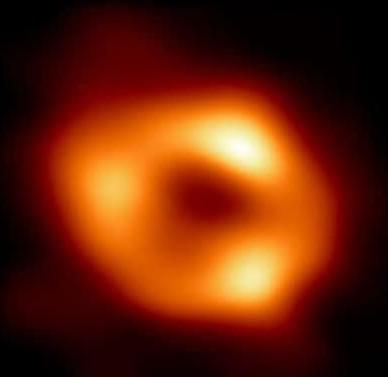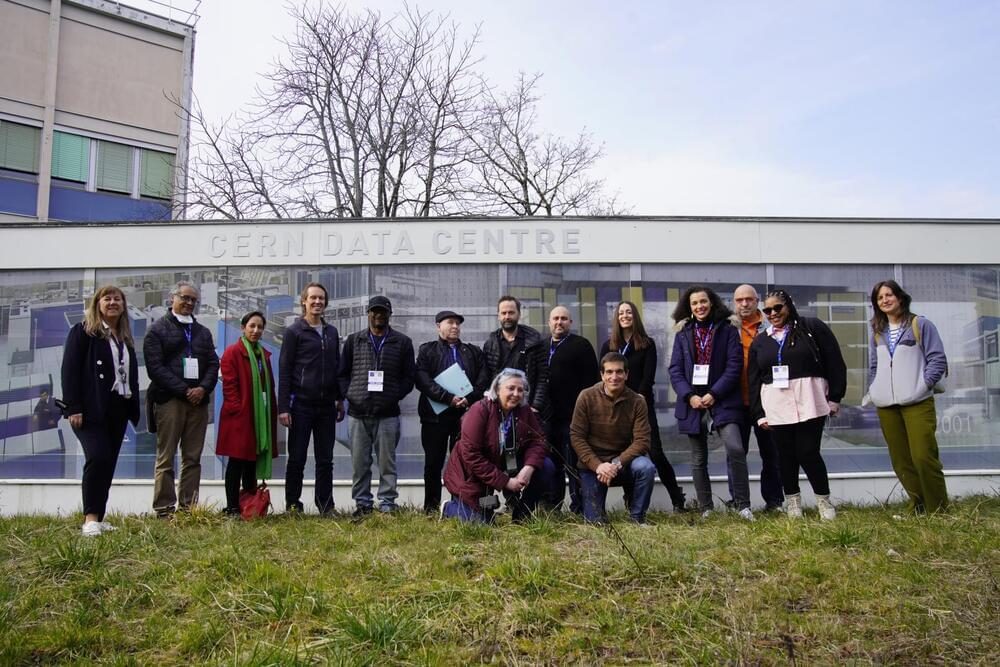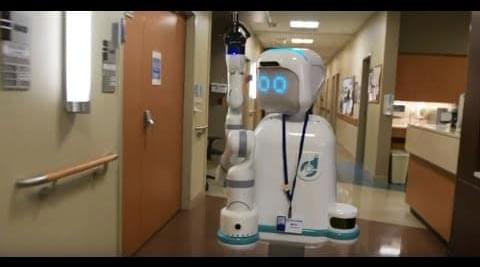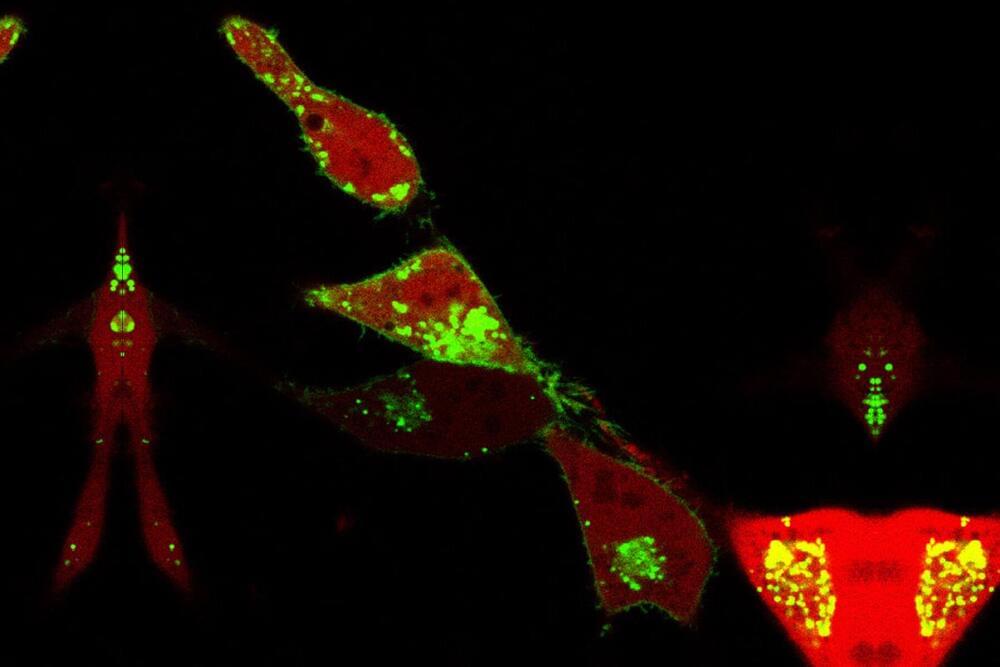Feb 16, 2023
Scientists Attempt to Map the Multiverse
Posted by Quinn Sena in categories: cosmology, physics, time travel
The trouble starts when they attempt to beam up from a planet during an ion storm. Something goes wrong. They appear aboard the Enterprise, but things are askew: Crew members greet the captain with Nazi-style salutes, and First Officer Spock sports a goatee. Observing these small but significant differences, Kirk muses that the crew has materialized in “a parallel universe coexisting with ours on another dimensional plane.”
These days, one parallel universe is hardly enough for science fiction. Instead, it seems the entire multiverse is having its Hollywood moment. Films like Doctor Strange in the Multiverse of Madness and Everything Everywhere All at Once entice the viewer with multiple versions of various characters and a dizzying array of alternate realities. Though they’re not particularly heavy on the physics, these films are definitely latching onto something. The idea of the multiverse — the provocative notion that our universe is just one of many— has fully cemented itself in mainstream pop culture. (Or, at least, in the current phase of the Marvel Cinematic Universe.) Its appeal as a storytelling device is obvious. Just as time travel allowed Marty McFly to experience different timelines in the Back to the Future series, multiverse tales allow characters to explore a multitude of worlds with varying degrees of similarity to our own, as well as altered versions of themselves.
While Hollywood can’t seem to get enough of the multiverse, it remains deeply controversial among scientists. Ask a prominent physicist whether they believe in a multitude of universes beyond our own, and you’ll get either a resounding yes or a vehement no, depending on whom you encounter. Advocates on the two sides show no mercy toward each other in their books, on their blogs, and, of course, on Twitter. But physicists didn’t pull the idea out of thin air — rather, several distinct lines of reasoning seem to point to the multiverse’s existence, bolstering the idea’s merit. Sabine Hossenfelder, a theoretical physicist at the Frankfurt Institute for Advanced Studies, has called the multiverse “the most controversial idea in physics.”


















